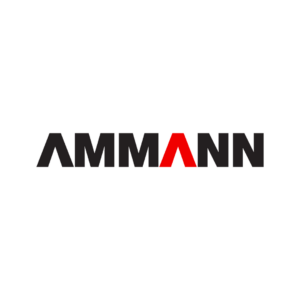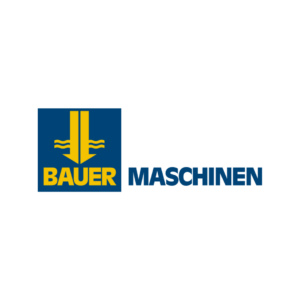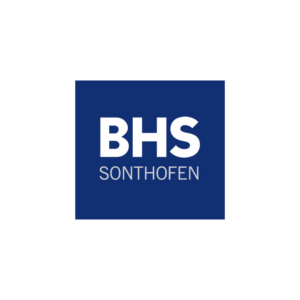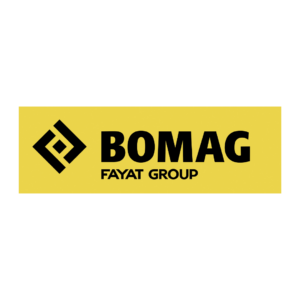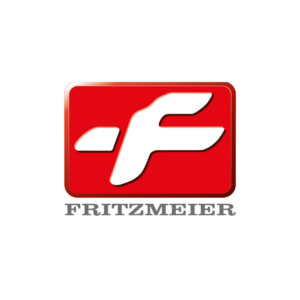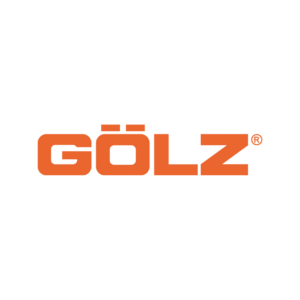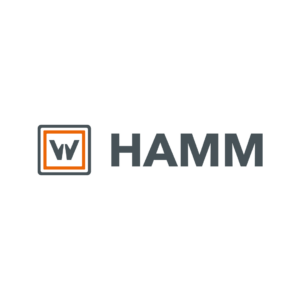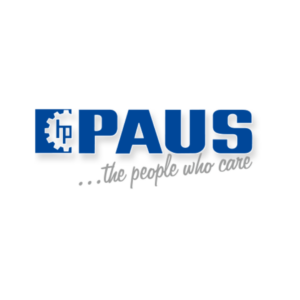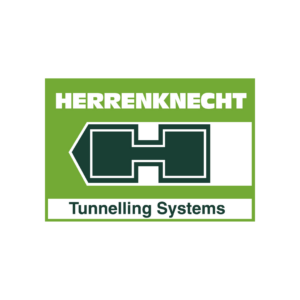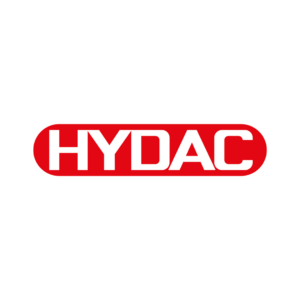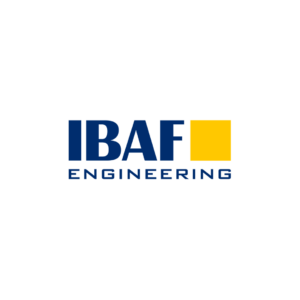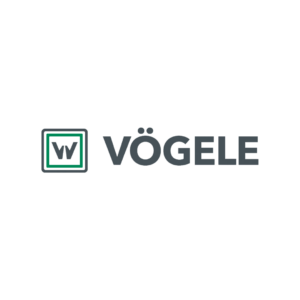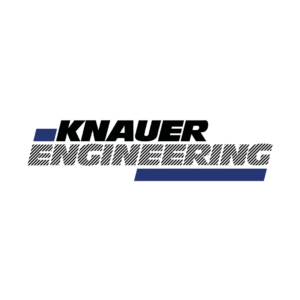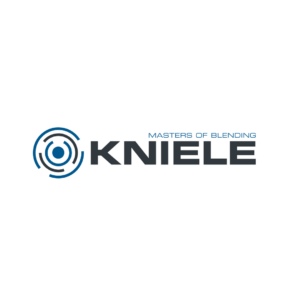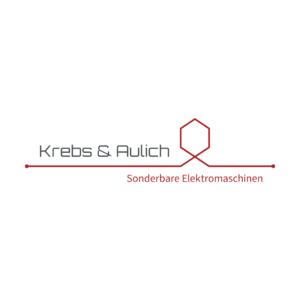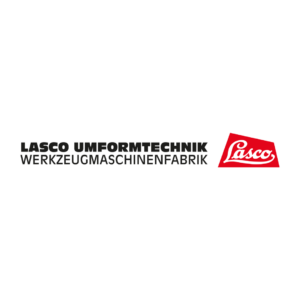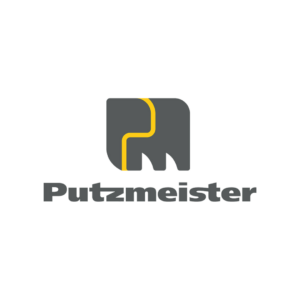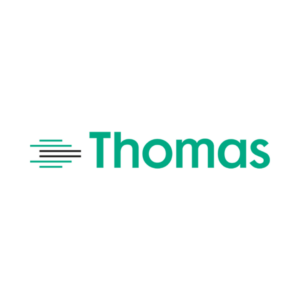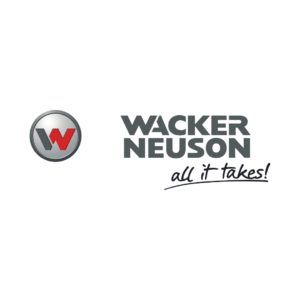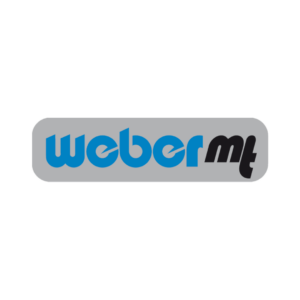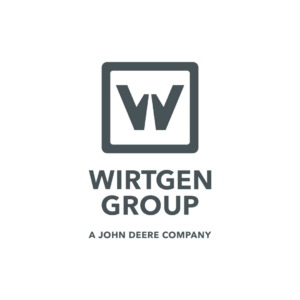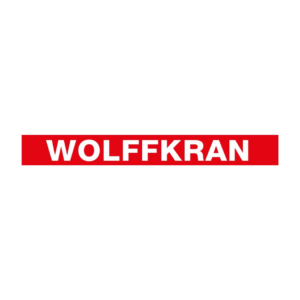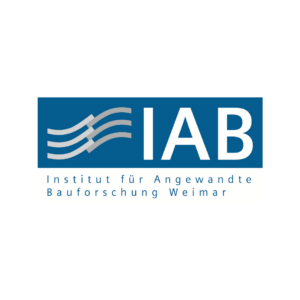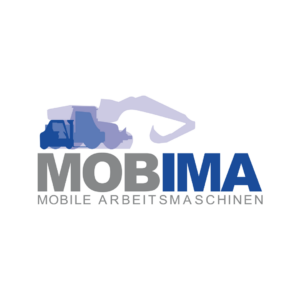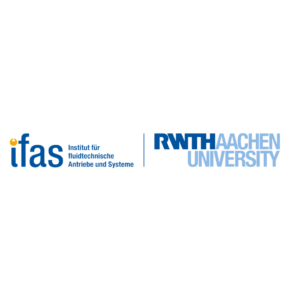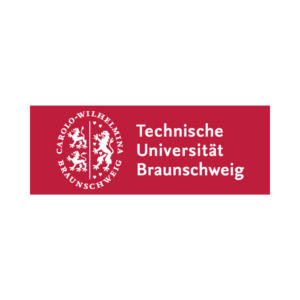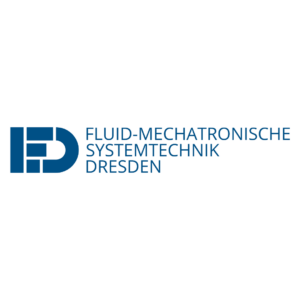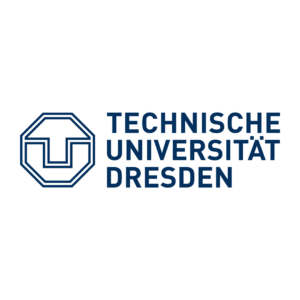Research Association for Construction Equipment and Plant Engineering (FVB)
Application-oriented research and technological lead are vital for the competitiveness and viability of any company. The Research Association for Construction Equpiment and Plant Engineerung (German: Forschungsvereinigung Baumaschinen und Baustoffanlagen e.V., short: FVB) dedicates its work to this topic.
Facts about FVB
Who we are
Benefits of being a member
"Collaborative research provides participating companies with an invaluable knowledge lead, securing their own competitive advantages."
Franz-Josef Paus, FVB Board Member
Becoming a member
Proposing a research project
News

On September 22, 2025, the VDMA in Frankfurt will host a day dedicated to the construction machinery industry and its various topics.

The focus is on electric, hydraulic and hybrid systems and machines. Discuss practical experience, current solutions and upcoming technology trends in the field of new energy sources and converters.

The symposium on safety and driver assistance for work machines will cover topics such as norms and standards, driver assistance, driverless systems, data management and tamper-proofing.

At its autumn meeting, the Research Association for Construction Equipment and Plant Engineering (FVB) presented new projects and plans to step up its efforts to secure additional funding.
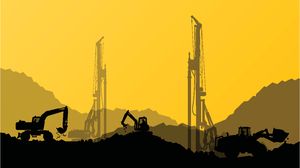
For the tenth time, automation, drive systems and construction methods will be in the spotlight in Dresden on 26 and 27 September 2024.
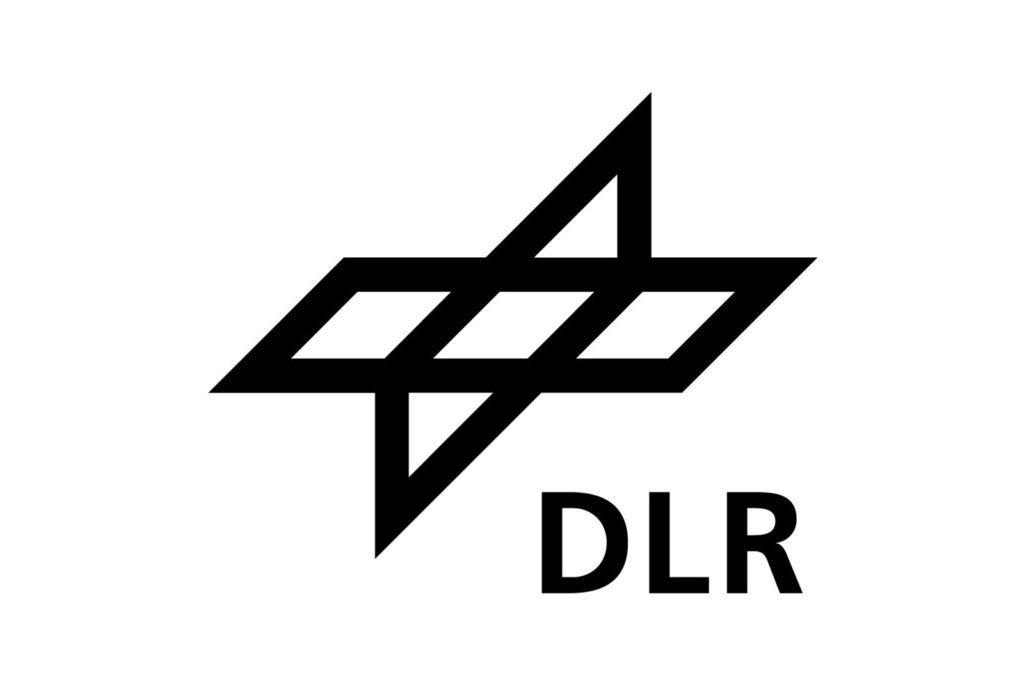
A transition phase will ensure a smooth handover from the previous project management organisation to the German Aerospace Center (DLR).
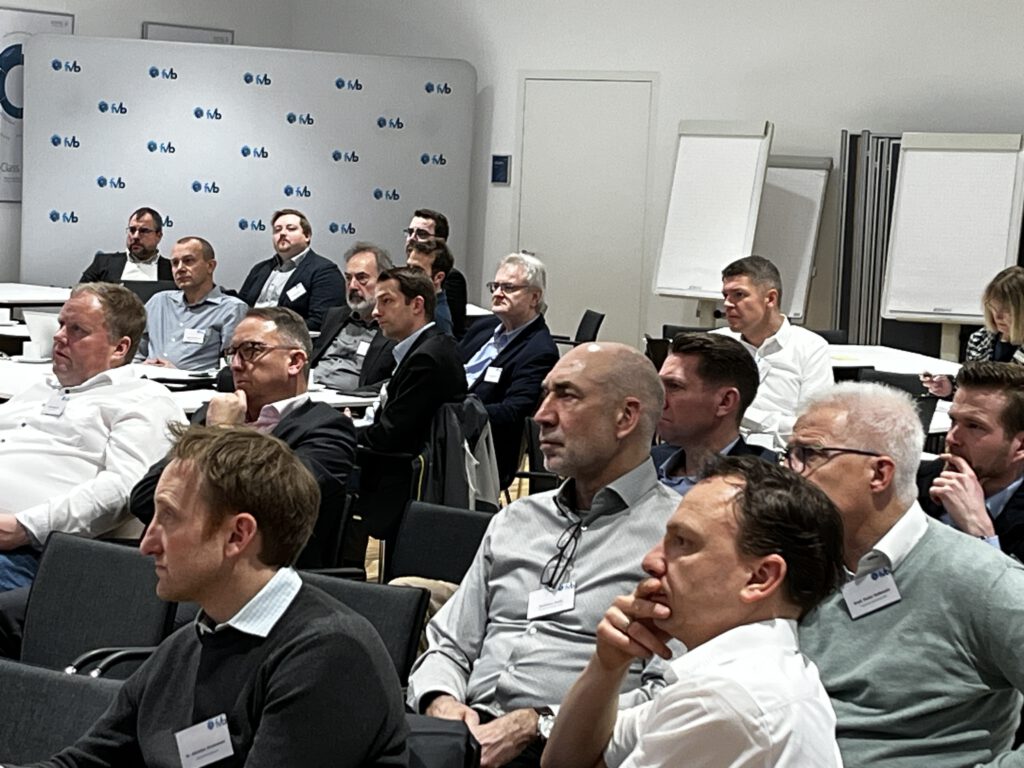
Wie kann industrielle Gemeinschaftsforschung in Zukunft erfolgreich sein? Wie können Unternehmen auch in Zukunft motiviert werden, gemeinsam zu forschen und vor allem, wie kann die FVB in der Öffentlichkeit sichtbarer...
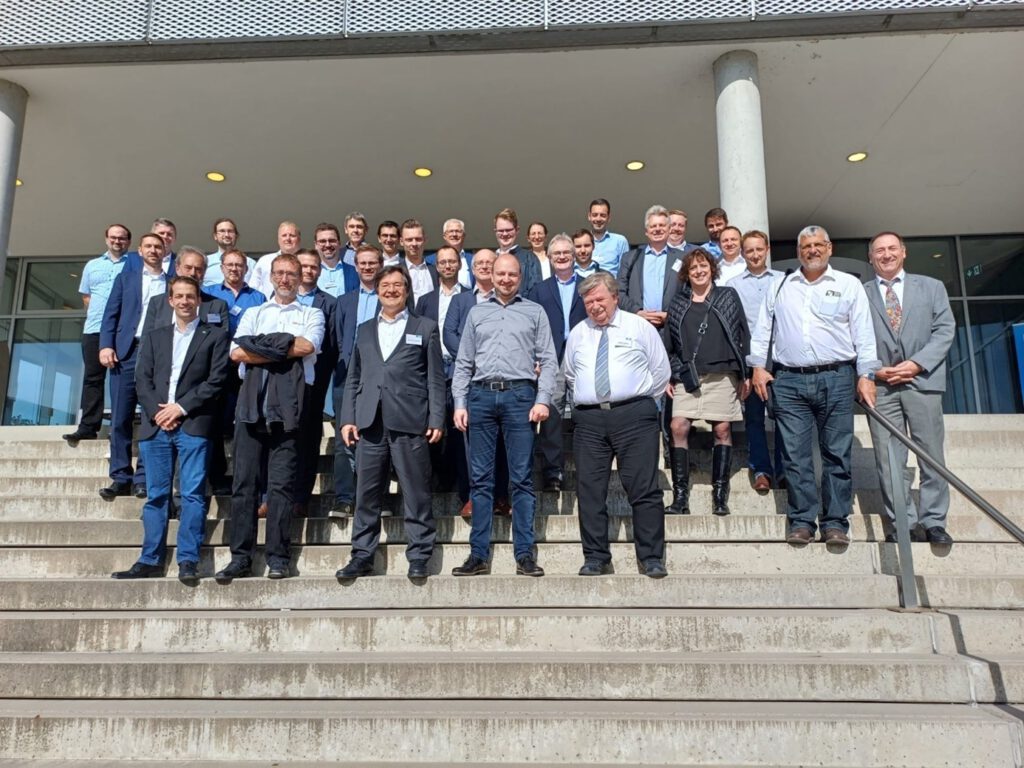
On October 6, 2023, the Advisory Board of the Research Association for Construction Equipment and Plant Engineering (FVB) met at the invitation of Prof. Dr.-Ing. Johannes Fottner at the Technical University of Munich in Garching.
Current research projects
The FVB publication series contains reports on all research projects and significant events since the founding of the association in 1972. All reports are publicly accessible and available for download. Learn more about the FVB research.
Decentralized hydraulic systems
01.05.2022 - 31.10.2024
The aim of this FVB research initiative is the advancement of a high-speed internal gear pump for reversible operation, as well as the implementation of greater component and functional integration to increase the power density of electro-hydraulic linear drives in a power range up to 10 kW.
ROBELKO
01.07.2022 - 31.12.2024
This FVB research project deals with the limits of using electronic components and technologies for application in construction machinery and their attachments, based on the evaluation or classification of application-specific demands.
Pattern classification
01.07.2022 - 30.09.2024
The aim of this FVB project is to expand the existing pattern recognition to include an automated pattern classification for interpretable evaluation of machine data. In this process, features are assigned to the patterns without significant sensoric effort, generating easily interpretable statements for the user, such as for efficiency improvement.
RoMulus
01.06.2022 - 31.05.2024
This research project is working on a universally deployable robot on the construction site, capable of building walls in a highly automated manner. The focus is primarily on the handling of bricks as well as the supply and application of bonding material. This process is based on sensory solutions allowing the robot to navigate reliably through the challenging environment and construct walls precisely.
Members
44 members are currently using the FVB to drive their innovations forward.
Institutes
The FVB and its members work together with numerous institutes and universities that make joint research possible.
Struktur & Gremien
The FVB was founded in 1972 and is one of 19 committees in the VDMA research network. Since then, it has overseen and finalized numerous projects of its members successfully. Four official divisions support the association. Learn more.

Prof. Dr. Sebastian Bauer
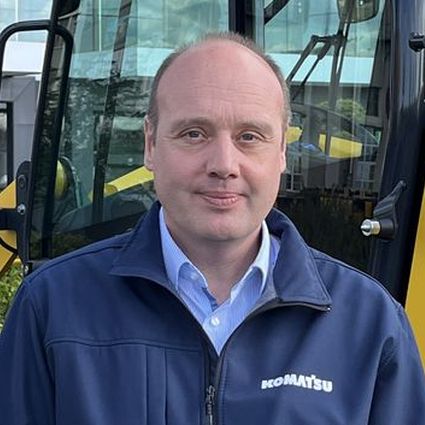
Jörg Hermanns


